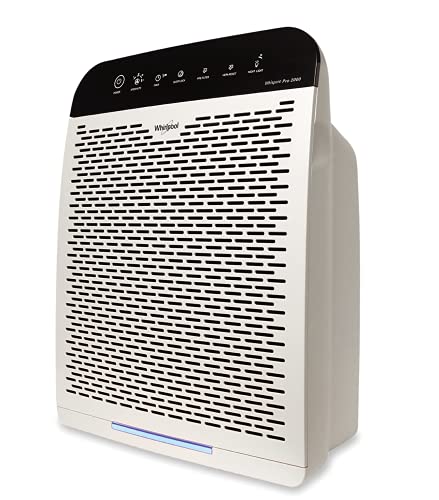Allergies worse after rain is a common concept we all heard after a big rain storm in allergy season which is known as “thunderstorm asthma”.
If you have asthma or an allergy affecting the respiratory system, this may not be very good news for you. Before each spring season, let’s review Why Allergies Worse After Rain in Know Your Facts. Read and enjoy the content.
Table of Contents
1. Increment in Free Pollen Count
One of the primary causes of Allergies Getting Worse After Rain is the increased distribution of pollen in the atmosphere after a rainstorm.
We are all familiar with pollen, which is a fine powder produced by trees, flowers, and a variety of other plants in the spring. Due to current meteorological conditions, this pollen can easily disperse throughout the sky due to its small weight.

The problem with this fine powder is that it can act as an allergen trigger for persons with respiratory allergy disorders.
Due to these allergies, people cannot breathe normally, and medical care is required. After a severe thunderstorm, pollen can readily fall from trees and flowers to the ground and travel throughout the sky after a gust of wind, making the spread of allergens more rapid than on a regular day.
2. Mold Growth
Mold spores are another main factor that contributes to the development of allergy symptoms during the spring season.
Mold spores are produced after a while when mold grew on a surface that has a notable level of moisture present for growth.
At the start of the rainy season, mold can easily begin to grow almost everywhere, including on walls, soil, and even leaves. Due to their lightweight, they can easily travel anywhere using small wind blows.

These molds, after a period of time, will begin to release mold spores, which will produce an environment that is highly disturbing for persons who are afflicted with allergy issues.
Other than being outside after it has rained or had water damage within your rooms, a mold-friendly atmosphere can easily be created by your roof or a pipe. Mold growth is a significant impact on allergies worse after rain.
3. Higher Humidity
When the humidity in a certain environment is high, there is a significant amount of moisture present. Following a thunderstorm, the entire surrounding environment is saturated with moisture for an extended period of time, which results in a number of deviations than usual.
Usually, a higher degree of humidity is not appropriate for persons who suffer from medical issues that are related to the respiratory system.

They report that the air they breathe feels very thick and sticky and moist to them. On the other hand, there is a larger amount of moisture present in the environment, which is leading to an increase in the number of allergens.
This makes the allergy conditions worse after it rains. In addition to the rain falling on the pollen and creating a moist surface to spread allergens, moisture in the environment helps transmit allergies, which makes it more difficult for people to breathe the air.
4. Cold Temperature
There is a noticeable drop in temperature after heavy rain, which contributes to a higher number of allergic reactions than is typical.
Only a few of them can be recognized in the following way.
- Runny nose
- Itchy eyes
- Sneezing and other symptoms
Most notably, the nasal passages get physically irritated when cold weather is present, which might cause allergic reactions in some people.

In addition to that, the cold temperature causes the body to generate more mucus, which can result in a sense of congestion in the head as well as the throat.
In general, the cold temperature is one of the key contributing factors that make allergies worse after it has rained.
5. Thunderstorms
Even if we don’t pay much attention to it, thunderstorms are another factor in the development of allergic diseases.
Allergens can become more strong during thunderstorms because of the charge they generate. People who are afflicted with allergy disorders have a more difficult time defending themselves against these charged allergens in their respiratory systems.

Aside from that, these wet thunderstorms cause gusts of wind, which spread the allergen all over our atmosphere in a short amount of time, which can be challenging for individuals who have allergies.
More importantly, people who have allergies may experience increased symptoms during thunderstorms because the wind can enable pollen and other allergens to flow more freely through the air.
This can cause people with allergies to experience increased symptoms.















*This page contains affiliate links, and We earn commissions from qualifying purchases through these links. Please review our Affiliate Disclaimer for details.